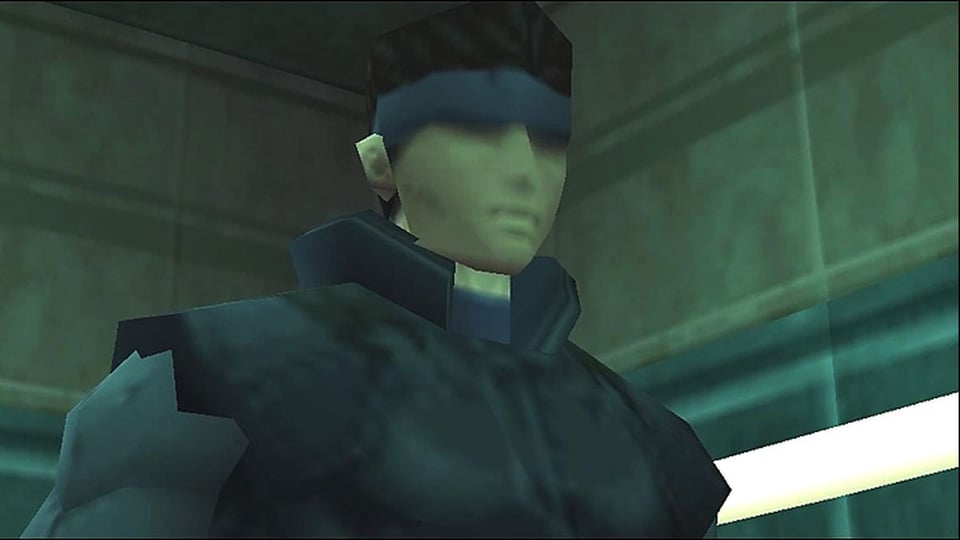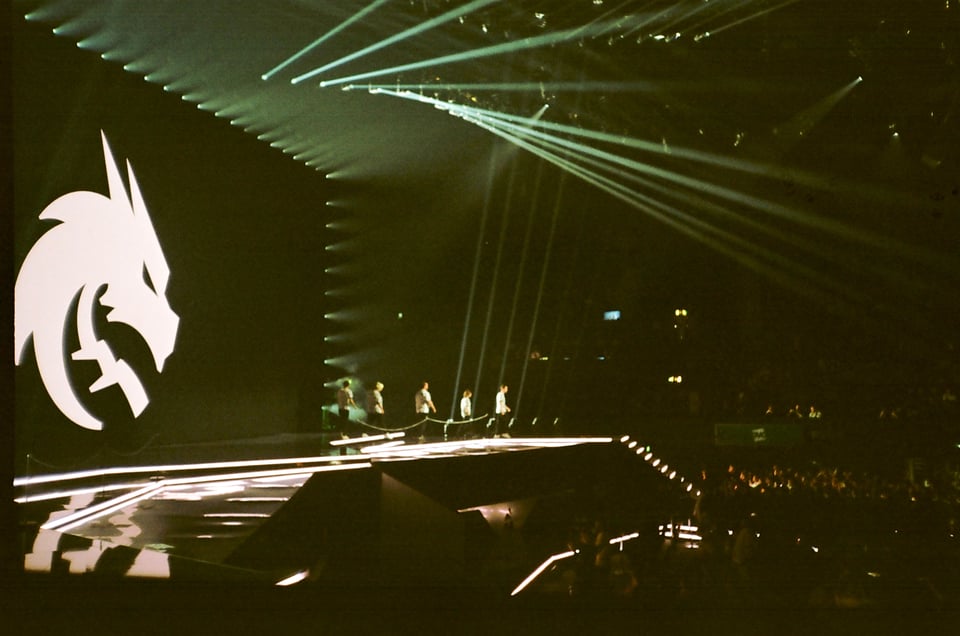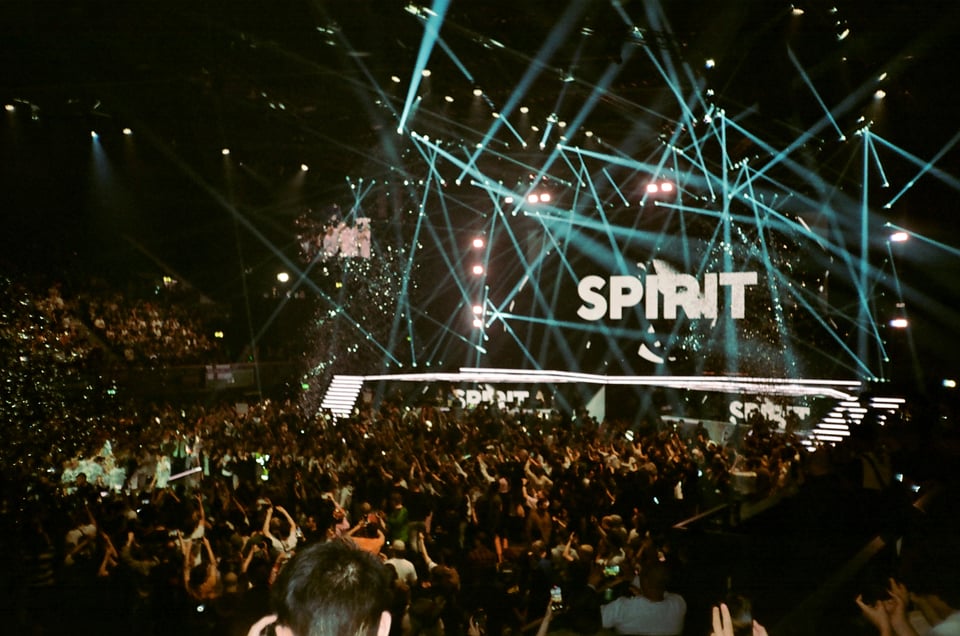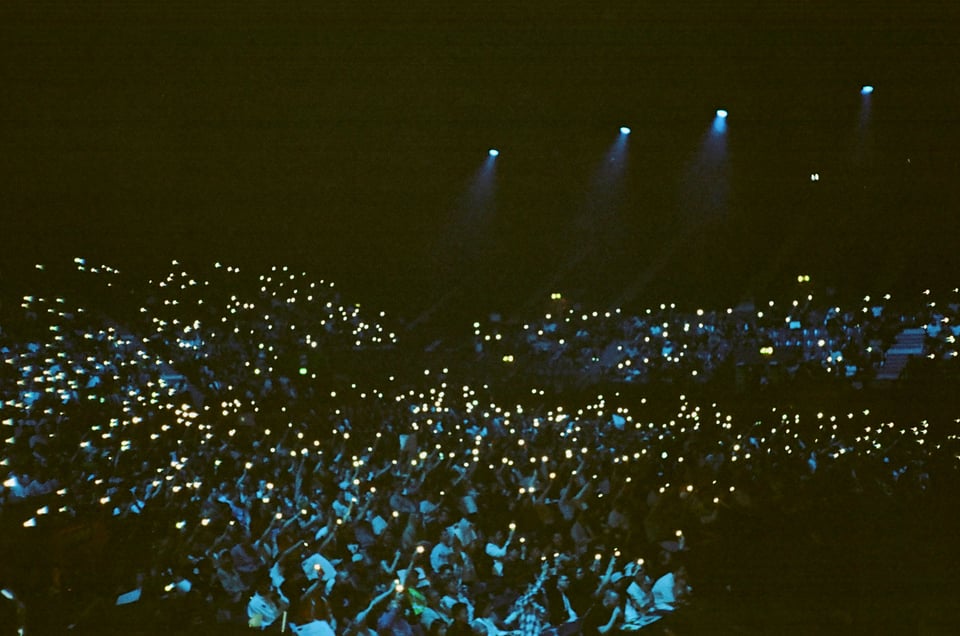lend me ur eyes 079
“I was walking to the gym with Svetlana and we passed a guy I knew from linguistics class. “Hey Selin, how’s it going,” he said. I paused to reply. Svetlana also had to stop walking, and so did the guy. None of us could go until I said something. But I thought and I thought, and couldn’t think of what to say. After what felt like hours, I just gave up and started walking again. “What was that all about?” asked Svetlana.”Who was that?” “Nothing. Nobody.” “Why wouldn’t you talk to him?” “I couldn’t think of an answer.” Svetlana stared at me. “‘How’s it going’ isn’t a question. It’s not like he actually cares how it’s going.” I know,” I said miserably. “I get that you despise convention, but you shouldn’t get to the point that you’re incapable of saying, ‘Fine, thanks,’ just because it isn’t an original, brilliant utterance. You can’t be unconventional in every aspect of life. People will get the wrong idea.”” - The Idiot, Elif Batuman
Lately, I’ve been trying to work on my small talk. I had a conversation with someone the other day where we both said “how have you been doing” and then “good” back and forth four times without any progression. We both saw that we weren’t getting anywhere, and i felt like the main character in Elif Batuman’s The Idiot, unsure of what to say next during what should be a beginner level conversation. This experience is, I would say, not uncommon. Sometimes you get stuck and can’t move from the introductory content to the deeper level subjects. Sometimes you don’t know how long the interaction is expected to last and what level of elevation is appropriate. One day later, I had an impromptu conversation with an unknown man at the bar of a pub, talking to him for a brief, comfortable duration in a relaxed fashion about sandwiches, neighbourhoods, and kernel, our shared favourite brewery. I was elated at having completed 6-7 lines of normal dialogue with appropriate intermittent eye contact and without betraying any visible nervousness, and went back to the table and boasted to CQ about having had an exchange with a stranger.
The other week I went to a giant food hall in Colindale with my friends. We ordered 4 or 5 plates from different vendors, and sat, mostly in silence, consuming them happily, people-watching others in the space. It felt good and unpressurised. We had talked in the car there, and we would talk again in the journey back. And if not, no matter, there is always next time. Generally, if I’m in public and I’m with company and we aren’t talking constantly and laughing often and loudly, visibly having a good time, I feel like other people in the space are judging the quality of our rapport. I also worry about long social activities, for fear that there won’t be enough conversation to sustain a longer length engagement. With shorter events, I feel like there is a greater statistical likelihood of successful conversation about high level topics like culture, art, relationships, and philosophy. Longer ones, you need to be an observer, or an improviser, or a generalist able to keep generating material to keep things smooth and regular. I often fantasise about secretly carrying prompts for conversation on paper cue cards that I’m able to perfectly conceal, suggesting an ability for limitless spontaneous topic generation that I do not have. I realise all of this is terribly stupid but I think about it anyway. Now is the time to develop skills in talking about subjects like: weather, news events, direct observations, bureaucratic matters like the price of milk and bin collection days, what route was taken to get the venue, and so on and so forth. These are valuable. All time is precious. People are kind and well meaning. Any level of chat is good.
PLAYING

I’ve been carrying on working my way through various old games I missed the first time round, seeing what stands the test of time and what suffers by being transported decades outside of the original technological and paradigmatic contexts. I played through Metal Gear Solid (1998) and Metal Gear Solid 2: Sons of Liberty (2001) back to back recently, a series that I thought I would never get to grips with on account of my struggles with “stealth” gameplay. Turns out that doesn’t matter too much; on a lower difficulty level, pretty much anyone can solve these games. I enjoyed them as much for their style and story as the strength of the gameplay and design. The stories are quite silly, but also greater in scope and ambition than much else in video games before and since them. Above all, Hideo Kojima seemed so unshackled and so daring, so eager to reach towards ideas that others weren’t considering at the time, and through this, pushing the medium forward and expanding the scope of what could be achieved. It’s easy to see why he is considered as one of gaming’s main “auteurs”; these games have some visionary decisions in them. I’m thinking particularly of Psycho Mantis mind-reading your memory card, and the idea of switching controller ports to overcome his psychic influence. Who else has thought of anything like that, even in the modern age of games as experimental art and design? After these two, I finished Silent Hill 2 (2001), which is a far weirder game that I had anticipated: a creepy, almost purposively boring nightmare walking simulator. It is a vision of survival horror as fog and endless corridors, with janky cutscene narratives as a slow descent into delirium in between. I’m not totally sold on it, but I do see why it developed such a cult following. There is something singular about it, a cursed object that enters a kind of uncanny space that horror cinema is not able to locate. And compared to something like Resident Evil, with the comparative action and spectacle, Silent Hill 2 feels like an art object - or even an anti-game. I never had a Playstation 2, and it's an interesting era to return to at this moment, more than twenty years on. As a point where forays into the realisation of fully fledged 3D worlds were developing but still shackled by technological limitations, they convince more than the polygonal abstraction of the generation before, but it’s still not quite there yet. The era’s games are starting to seem pretty rough-edged, if not entirely dated, but they also have a style that is timeless in a way.
PERSONAL



I had two more “cutscenes” columns published on Notebook recently. The first is an interview with Larry Achiampong and David Blandy about their Genetic Automata project, a video series “exploring race and identity in an age of avatars, videogames and DNA ancestry.” The second is a 5000 word essay on esports, linking the history of competitive gaming to the experience of watching live esports today, and comparing esports to regular sport spectatorship, trying to identify why people like watching others play. The second one in particular was extremely fun to research, experience, and write. I’m grateful to have this column as a space to turn video games into research exercises and as a means to have fun conversations with smart and nerdy people thinking through the medium in interesting ways. Above are some photographs I took at a Counter-Strike 2 tournament at Wembley Arena that I went to for the piece.